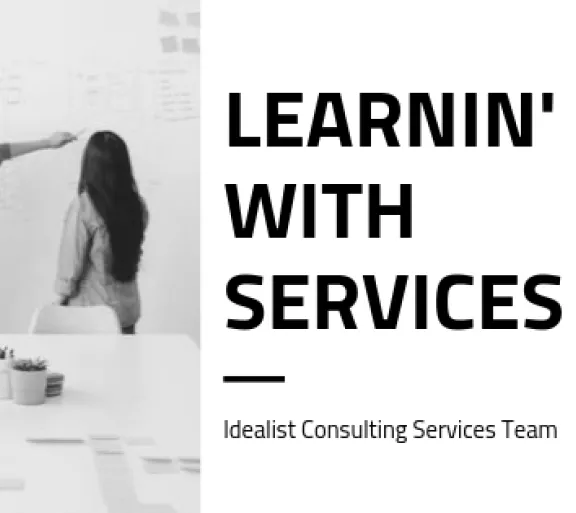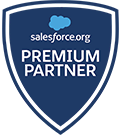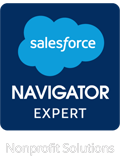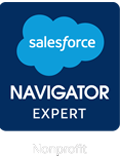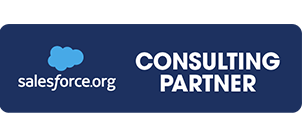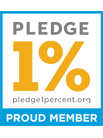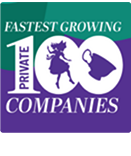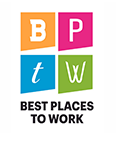Learnin’ with Services: data access best practices
Services Director Lila Pigott is taking her advice online in our new Learnin' with Services column. These questions come straight from conversations she has every day with our clients and consultants.
Best practices for who can see what data in Salesforce
Dear Lila,
We just got on Salesforce CRM. We moved over from using mostly spreadsheets. We were super excited about the concept of a “360-degree view” of our data. But now I’m kind of worried that everybody can see the emails and phone numbers for all our Contacts. In the past, one of our Program Managers would always try to get access to the spreadsheets so they could reach out to major donors, without permission. Also, many of my colleagues donate and I don’t feel comfortable letting everyone see one another’s donation history.
Should we be locking down who can see what? What are the best practices for this?
This is a common issue for organizations moving out of data silos and into a shared dataset. (Yep, that’s worded in a super techy way, sorry.)
Good thing Salesforce (data) security is awesome! And lucky for nonprofits, they get Enterprise level licenses which means they get access to all of the fancy profile and security goodies.
Quick example, if Tom Hanks donates to your organization you probably don’t want his information to be seen by all of your staff. But you do want to ensure you take advantage of the 360-degree view Salesforce CRM offers. By setting up your Salesforce in a way that allows users to see only that Mr. Hanks is a donor and that his donor relationship is managed by a specific colleague, you can allow for cross-departmental collaboration without sacrificing anyone’s privacy.
Welcome to the world of field-level permissions, which is how Salesforce allows you to manage what people can see. You can limit access to information right down to the field level, easily restricting the visibility of fields like phone, email, donation summary data, etc. I suggest taking this Security Basics Trailhead (which is estimated to take a little over 1 hour) to learn data best practices.
Friendly council with due regard for needful economy,
Lila
In need of experienced Salesforce support?
As a long-standing Salesforce consulting partner (13 years!), we’ve helped over 1000 organizations like yours follow best practices. Whether you’re new to Salesforce and in need of an implementation or a long time user looking to overhaul your instance, we’ve got your back.


